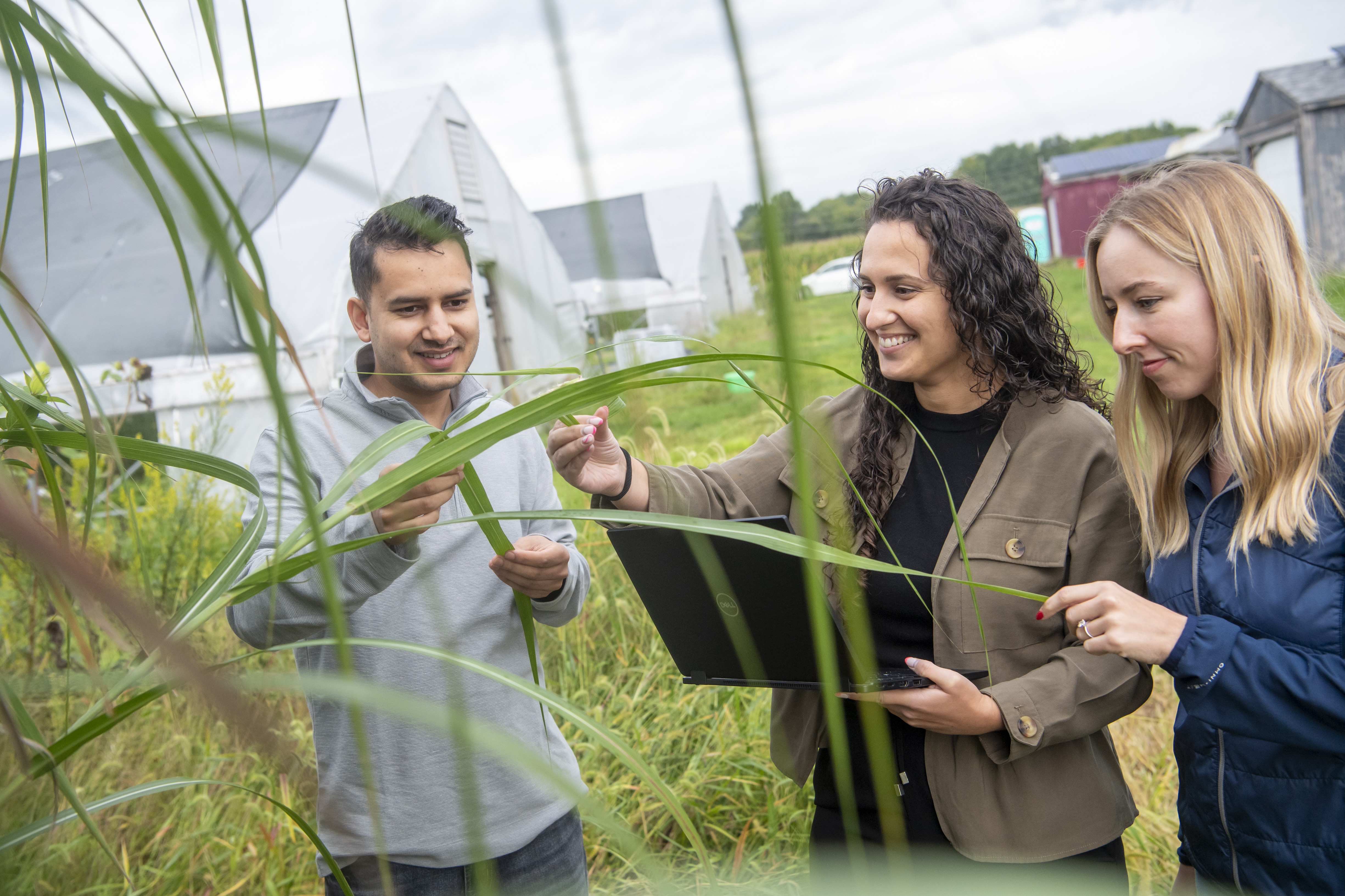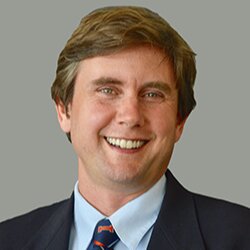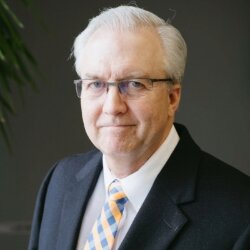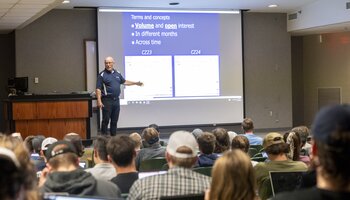
Craig Lemoine, PhD, CFP, MRFC
Clinical Associate Professor / Director, Financial Planning Program and Ag Focused Financial Planning Program
Dr. Lemoine is the Director of the Financial Planning Program at the University of Illinois, Urbana-Champaign. He serves as an Associate Clinical Professor, teaching risk management, retirement, and financial planning courses. Craig earned his PhD from Texas Tech University in 2013 and holds the Certified Financial Planner ™ and Master Registered Financial Consultant™ designations.
Craig is the Executive Director of the Academy for Home Equity in Financial Planning and vice-chairman of the Master Registered Financial Consultant Board. He is working with his team to develop specialized content in agriculture-focused financial planning. Previously, Craig served on and chaired the CFP® Council of Examination (2009-2014) and was the Executive Director of the Northwestern Mutual Granum Center for Financial at The American College of Financial Services in Bryn Mawr, PA.
Before joining the University of Illinois in 2017, Craig championed CFP® education at The American College and helped develop financial planning, retirement, and risk management curricula across certificate, undergraduate, and graduate programs. While at The American College (2008 – 2017), Craig had the opportunity to help create and teach in the RICP®, ChFC®, CLU®, and WMCP® designations. His research on annuitization and the value of financial designations has been published in The Journal of Financial Planning and the Journal of Financial Service Professionals.
Craig was a founding partner of Lone Star Financial Education (2012 – 2019), a CFP® Review Company that is now part of Dalton Education. Craig continues to speak and consult within the financial services industry in risk management, planning in the LGBT+ community, fiduciary standards of care, and technological disruption.
Craig lives in Champaign, Illinois, and primarily focuses on building a world-class financial planning program. He enjoys spending time with his family, reading science fiction, running, and gardening.






